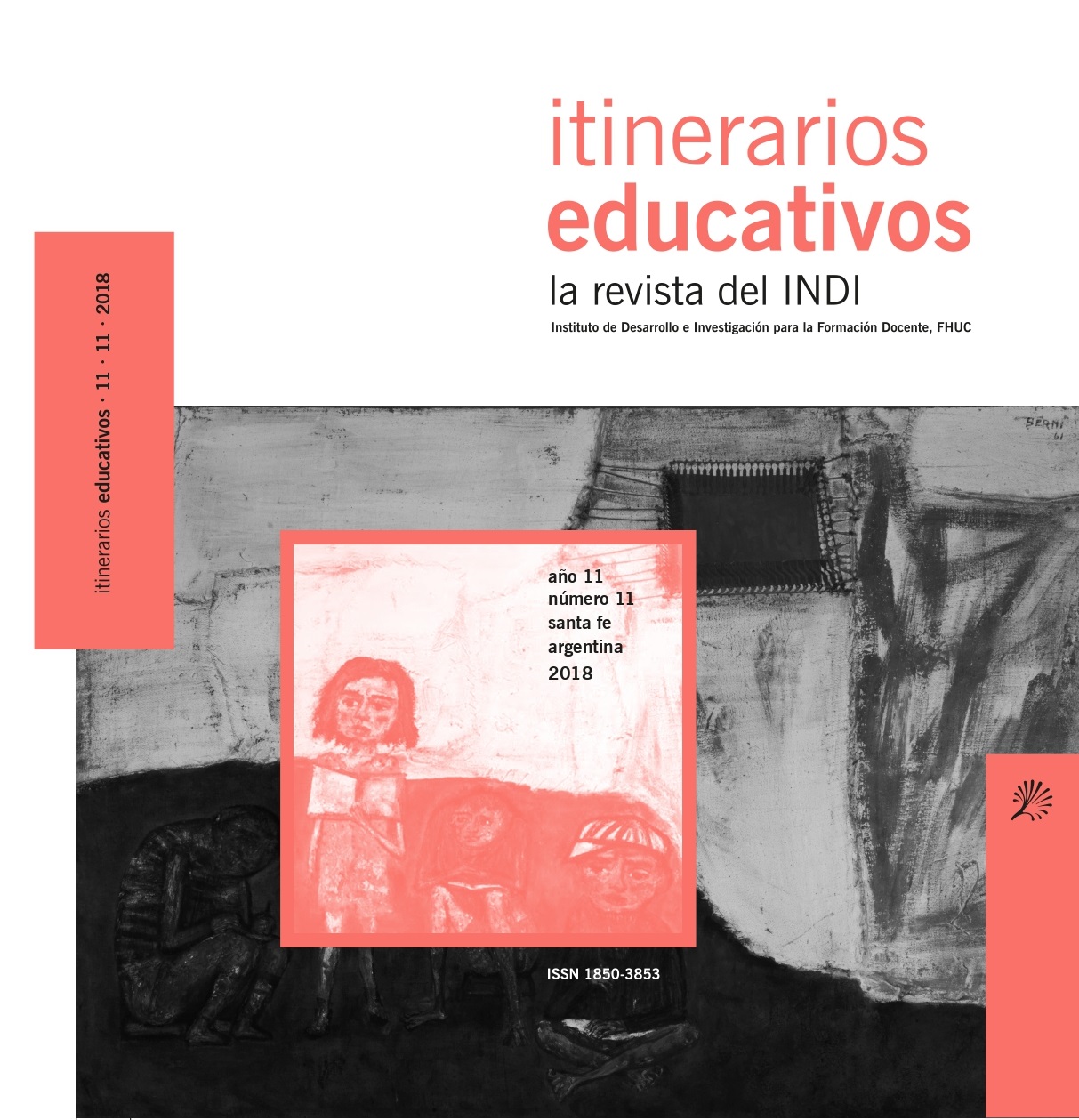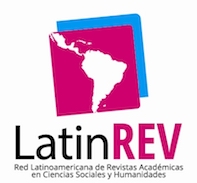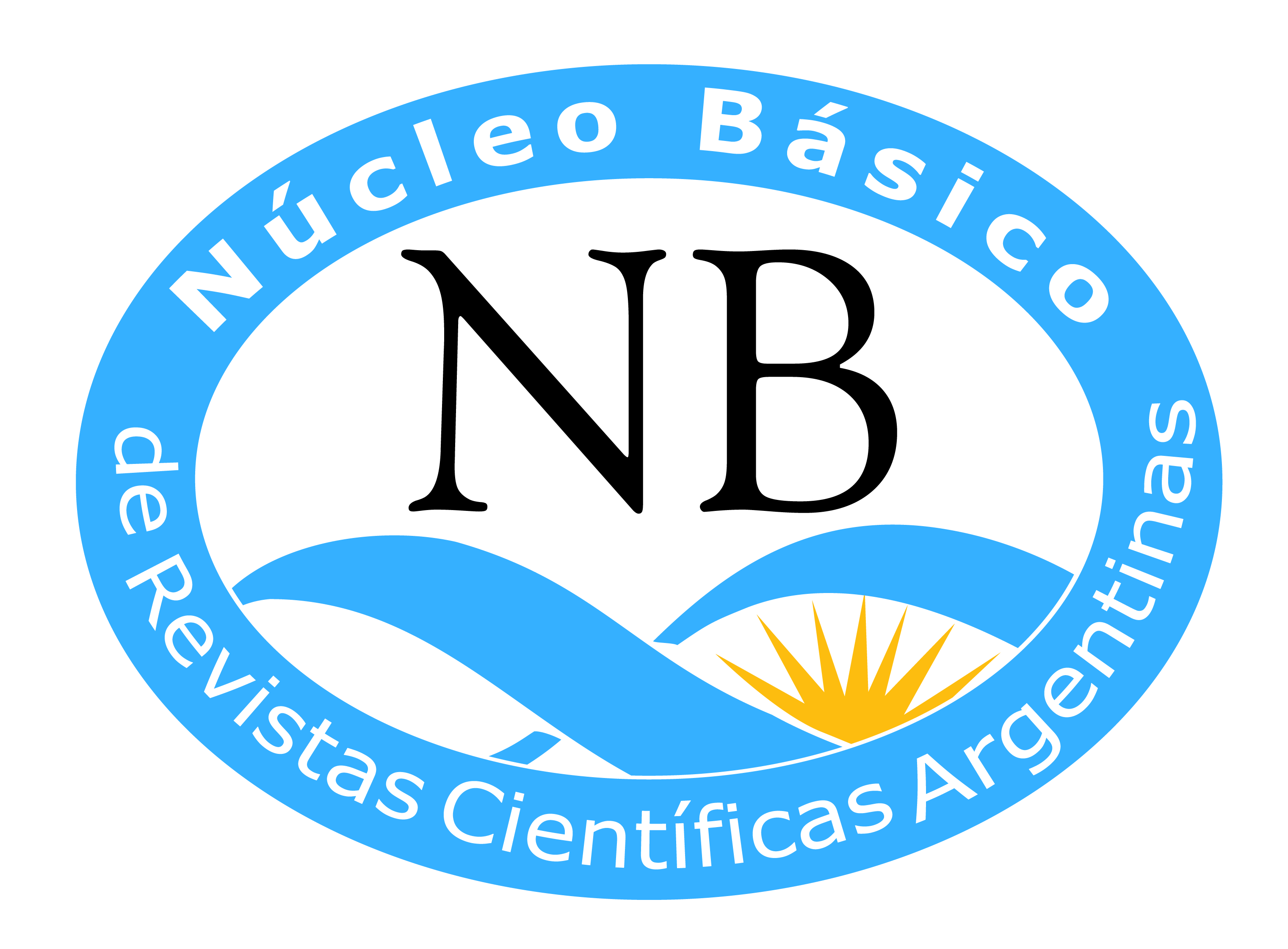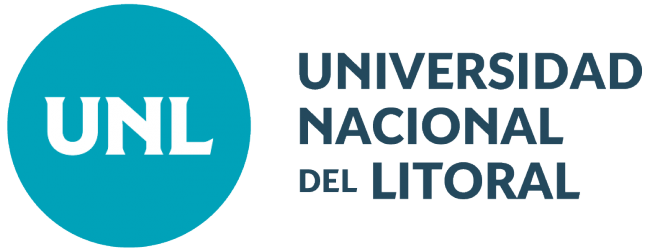A busca de significado em Aulas de matemática como forma à democratização do conhecimento
DOI:
https://doi.org/10.14409/ie.v0i11.8204Palavras-chave:
matemática escolar, materiais didaticos, compromisso social universitárioResumo
Este trabalho apresenta uma revisão de vários projetos desenvolvido desde 2011 pelo Teacher's Degree in Matemática da Faculdade de Ciências Exatas, Engenharia, e agrimensura da Universidade Nacional de Rosario (FCEIA-UNR), no âmbito de projetos de voluntariado, comunicação de ciências e universidade extensão. Todos esses projetos pretendem ressignificar Matemática escolar a partir de interação específica e direta com diferentes instituições escolares e atores sociais relacionados por meio da utilização de recursos didáticos e educativos jogos. Esses projetos passam por diferentes níveis (do inicial ao superior), relacionando professores, estudantes e governadores de instituições escolares, bem como alunos, professores e graduados do professor programa de graduação. Estes projectos destinam-se a promover uma mudança de visão em relação aos modos de ensinar e matemática de aprendizagem, tendo em conta a actual realidade e particularidades de cada aluno e promover democratização do conhecimento e estímulo à valorização e apropriação destas formas de trabalho pelo vários atores.
Downloads
Publicado
Como Citar
Edição
Seção
Licença
Os autores que possuem publicações com esta revista aceitam os seguintes termos:
Os autores manterão seus direitos autorais e garantirão à revista o direito de primeira publicação de seu trabalho,
que estará simultaneamente sujeito à Licença de Reconhecimento Creative Commons que permite a terceiros compartilhar
o trabalho sempre que seu autor e a primeira publicação desta revista.
Os autores podem adotar outros acordos de licenciamento não exclusivos para a distribuição do trabalho publicado (por
exemplo, depositá-lo em um arquivo telemático institucional ou publicá-lo em um volume monográfico) sempre que a
publicação inicial deste periódico for indicada.
Autores são autorizados e aconselhados a divulgar seu trabalho através da Internet (por exemplo, em arquivos telemáticos
institucionais ou em seu site) antes e durante o processo de submissão, o que pode produzir trocas interessantes e aumentar
as citações do site. trabalho publicado. (Veja O efeito do acesso aberto).

















